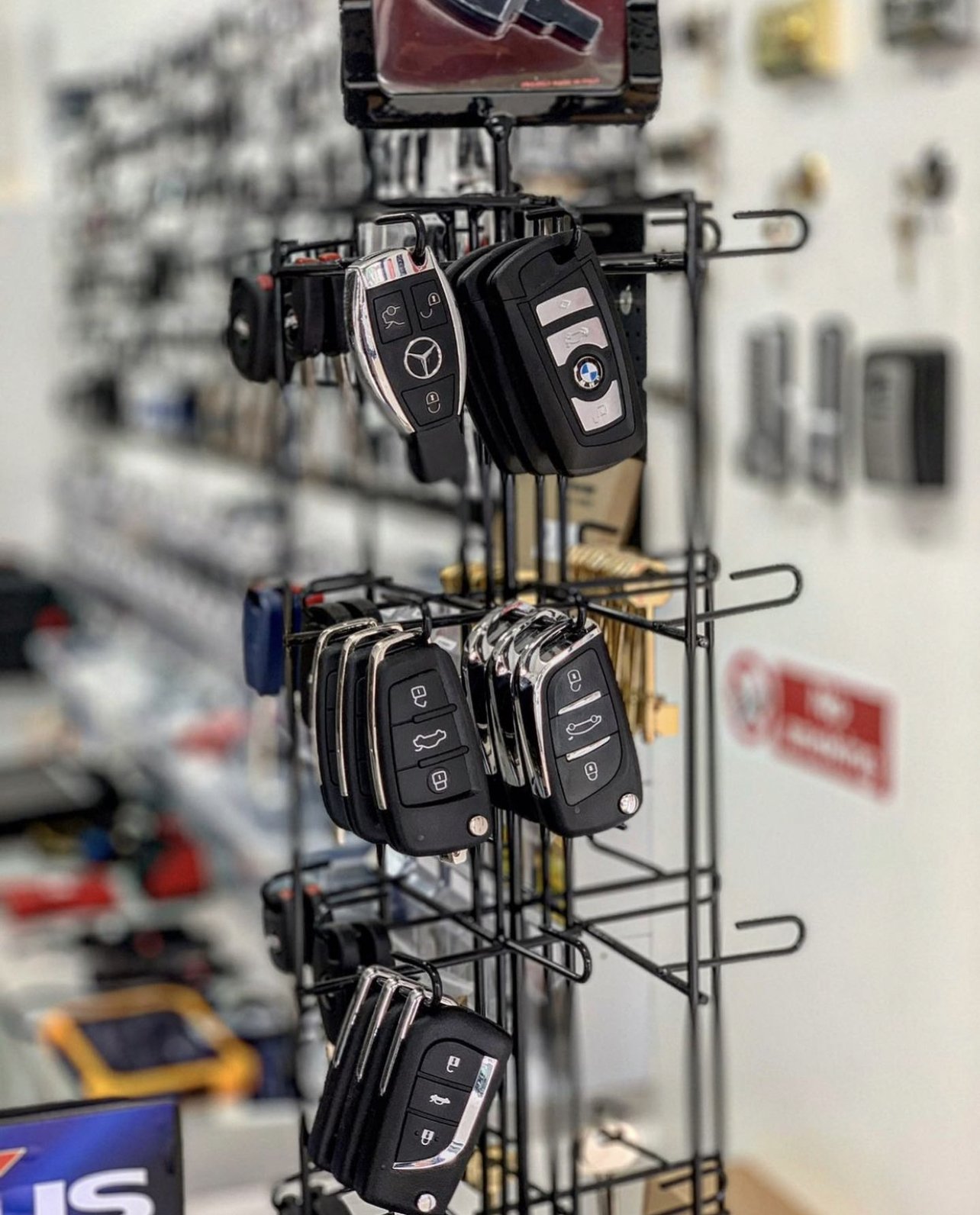11 Ways To Completely Sabotage Your Ignition Key Repair
Ignition Key Repair: A Comprehensive Guide
In today's modern cars, ignition keys have ended up being more than just an easy metal piece that begins an engine. With developments in innovation, they have actually developed into advanced devices that frequently include transponders and electronic chips. When these keys breakdown, drivers may find themselves stranded or facing expensive repairs. This article explores the different aspects of ignition key repair, highlights common concerns, and offers a guide to effective troubleshooting and resolution.
Understanding Ignition Keys
Ignition keys can be broadly classified into different types:
- Traditional Keys: These appear metal keys that mechanically unlock the ignition system.
- Transponder Keys: Equipped with a microchip, these keys communicate with the vehicle's ignition system to allow starting.
- Keyless Entry Fobs: These smart keys allow cordless entry and ignition, typically using Bluetooth or RFID technology.
The intricacy of these keys varies, affecting not simply how they operate but also the repair and replacement approaches.
Common Issues with Ignition Keys
Numerous issues can emerge with ignition keys, resulting in the requirement for repair. Comprehending these problems can assist vehicle owners recognize when they need expert help.
Key Wear and Tear: Over time, consistent usage can use down the teeth of standard keys, making it difficult to turn in the ignition.
Transponder Malfunctions: If the chip in the transponder key becomes damaged, it may not interact effectively with the vehicle, preventing it from starting.
Battery Failure in Key Fobs: Keyless entry fobs depend on batteries to run. A dead battery suggests the vehicle can not be opened or begun.
Physical Damage: Dropping or flexing keys can cause both practical and cosmetic issues, affecting performance.
Program Errors: Newly programmed keys may not sync properly with the vehicle's ignition system, especially after a battery change or vehicle repairs.
Troubleshooting Ignition Key Issues
To address ignition key problems, vehicle owners can try the following troubleshooting steps:
- Inspect the Key: Check for visible damage such as bends, cracks, or broken components.
- Evaluate the Batteries: For key fobs, change the battery and test if the vehicle reacts.
- Examine Connections: Ensure that there is no dirt or particles in the ignition cylinder that might hinder the key's performance.
- Try a Spare Key: If readily available, test an extra key to identify whether the problem is with the original key or the ignition system itself.
- Look for Error Codes: Many modern automobiles have onboard diagnostic systems that can expose concerns associated with ignition. An expert can scan for codes if issues continue.
Repair vs. Replacement
When faced with ignition key issues, vehicle owners often wonder whether to repair or change the key. The choice depends upon various factors:
- Cost-Effectiveness: Repairing a standard key is usually less costly compared to programming a new transponder or fob.
- Type of Key: Traditional keys may be quickly replaced or duplicated at a local locksmith, while more complicated keys often require professional services from a dealer.
- Seriousness of Damage: If a key is seriously harmed, replacement is frequently the most reputable long-term service.
Pros and Cons of Repairing Ignition Keys
Pros
Cons
Cost-effective for basic problems
May not deal with deep-rooted concerns
Maintains the initial key design
Limitations on key types (e.g., smart keys)
Faster turn-around for small repairs
Fixing might be short-lived
Benefits and drawbacks of Replacing Ignition Keys
Pros
Cons
Surefire functionality
Generally more costly
Upgrade alternatives available
Needs programming for intricate keys
Perhaps improved features (e.g., keyless entry)
Takes time to obtain and configure
FAQs About Ignition Key Repair
1. How much does it cost to repair an ignition key?
The cost can vary commonly based on the kind of key and the specific issue. Standard keys might cost around ₤ 15-₤ 50 to duplicate, while transponder keys can range from ₤ 50 to ₤ 200, considering programming.
2. Can I repair a broken key myself?
Minor repairs like cleansing or battery replacement for fobs can typically be done at home. Nevertheless, complicated car door lock repair , specifically with transponder keys, are best dealt with by professionals.
3. For how long does it take to repair or change an ignition key?
Requirement repairs can typically be finished within the hour, while replacements, especially for transponder keys or smart keys, might take longer due to programming requirements.
4. What should I do if my key breaks in the ignition?
If a key breaks in the ignition, do not attempt to remove it yourself. Instead, contact a locksmith or your dealer for expert support.
5. Do I require to reprogram my key after replacing the battery?
For the most part, replacing a key fob battery does not require reprogramming. However, if the vehicle does not react after a battery change, you may need to reprogram the fob.
Ignition key repair is a vital aspect of vehicle maintenance that must not be overlooked. With the boost in technological integration into vehicles, comprehending how ignition keys work, acknowledging typical concerns, and understanding when to look for aid can conserve money and time. Whether selecting repair or replacement, vehicle owners ought to focus on safety and functionality to make sure smooth operation and a smooth driving experience. Keeping an extra key on hand and dealing with issues early can also assist reduce prospective inconveniences down the roadway.
